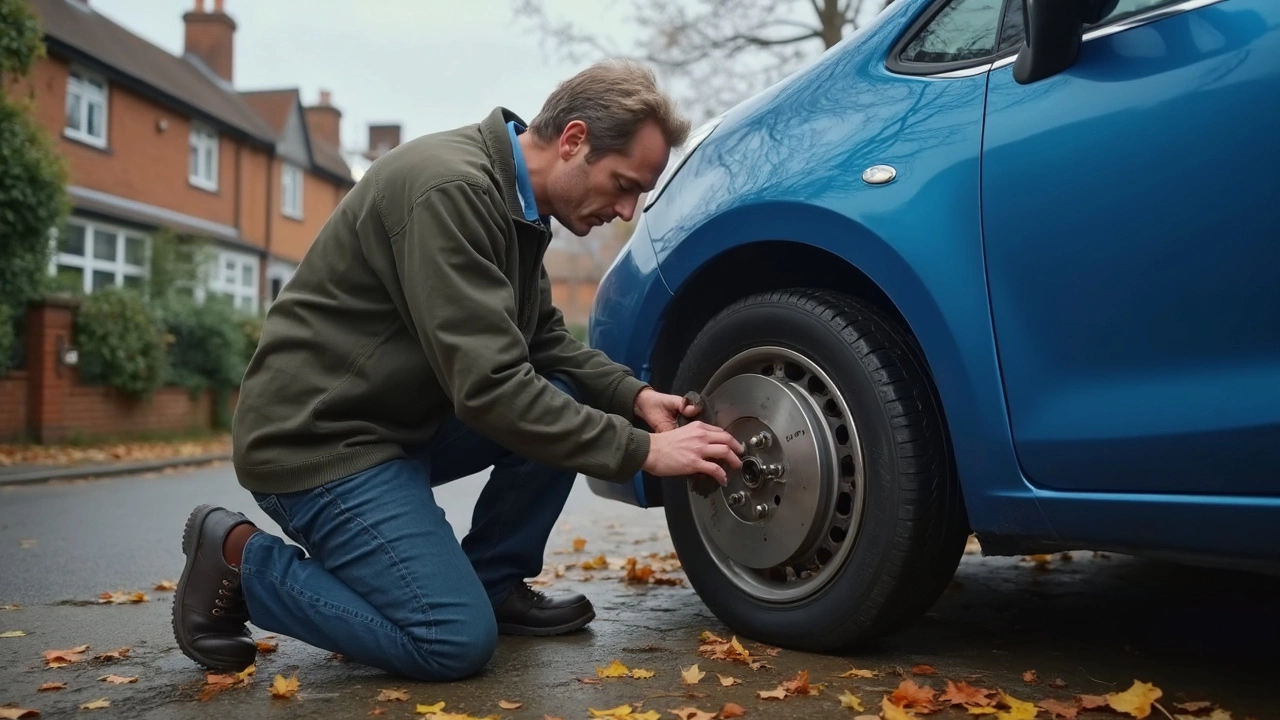New Rotors: What They Are and Why They Matter
When working with new rotors, brand‑new brake discs that replace worn‑out ones in a vehicle’s braking system. Also known as brake rotors, they provide the friction surface that stops your wheels. New rotors are a core part of the brake assembly and directly affect stopping distance, heat dissipation, and pedal feel. Choosing the right set means understanding rotor wear, material type, and how they interact with other brake components. For example, brake pads, the friction material that presses against rotors to create stopping power must match the rotor’s material to avoid uneven wear. Likewise, rotor resurfacing, the process of machining a worn rotor back to a smooth surface can extend life, but only if the rotor’s thickness stays above safety limits. In short, new rotors encompass the braking surface, require compatible pads, and may be resurfaced or replaced based on condition.
How New Rotors Connect to the Rest of Your Brake System
The brake system is a network of parts that must work together. New rotors sit between the wheel hub and the brake caliper; the caliper clamps the brake pads, the friction blocks that bite into the rotor when you press the pedal. If the rotor is too thin, heat buildup can warp it, leading to pulsating brakes. That’s why many technicians check rotor thickness before deciding between resurfacing and full replacement. The decision also hinges on the type of pads you use—organic pads are softer and gentler on rotors, while ceramic or metallic pads can accelerate wear on softer rotors. Cost is another factor: resurfacing often saves money, but the savings disappear if the rotor is already near its minimum thickness. Understanding these relationships helps you weigh the long‑term benefits of fresh rotors against a quick resurfacing job.
Below you’ll find a curated set of articles that walk you through every step of the rotor story. From spotting the signs that your rotors need attention, to comparing the economics of resurfacing versus buying new, the posts cover real‑world tips for UK drivers. Whether you’re a DIY enthusiast or planning a shop visit, the collection gives you the knowledge to make confident choices about new rotors, brake pads, and overall brake health.

How Do I Tell If I Need New Rotors? Spotting the Signs Early
Jun 17 2025 / Brake PadsNot sure if your car needs new rotors? This article covers the real signs that your brake rotors might need replacing, from obvious noises to those hidden hints you might miss. Get tips for a quick inspection at home, learn how rotors and brake pads work together, and find out why ignoring rotor is never worth the risk. Plus, check out some smart advice for drivers who want to avoid surprise repair bills. If you're unsure about what's going on with your brakes, this is made for you.
VIEW MORE